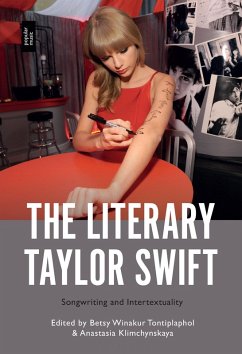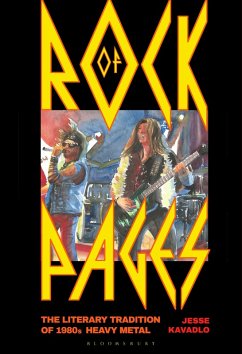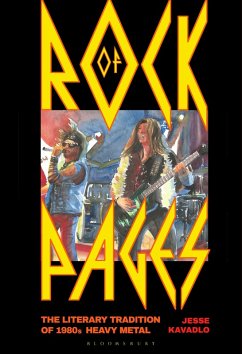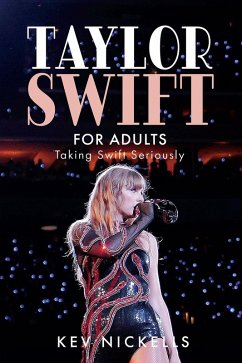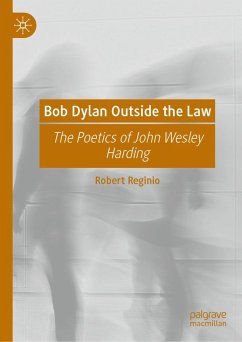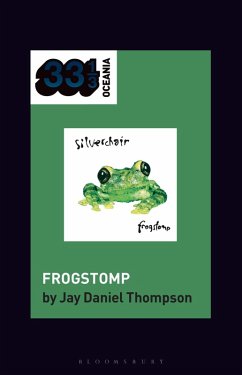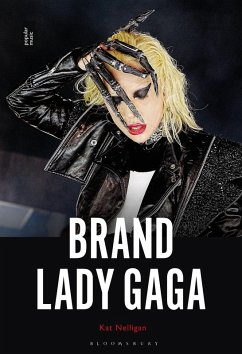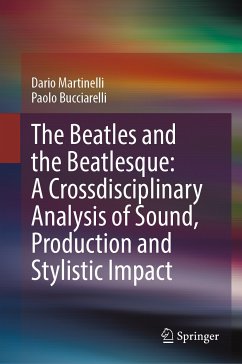
The Literary Taylor Swift (eBook, PDF)
Songwriting and Intertextuality
Redaktion: Winakur Tontiplaphol, Betsy; Klimchynskaya, Anastasia
Versandkostenfrei!
Sofort per Download lieferbar
74,95 €
inkl. MwSt.
Weitere Ausgaben:

PAYBACK Punkte
37 °P sammeln!
Taylor Swift, arguably the most prolific and acclaimed singer-songwriter of the 21st century, has shaped her listeners' collective consciousness and challenged her industry's often limiting attitudes toward genre, revision, and collaboration. Although Swift is a perennial subject in the media, cast in both a positive and a negative light, few professional scholars have considered her ever-growing body of work. The Literary Taylor Swift examines Swift's significance and timeliness through literary analysis and theory.Taylor Swift has been celebrated for her ability to craft immersive narratives...
Taylor Swift, arguably the most prolific and acclaimed singer-songwriter of the 21st century, has shaped her listeners' collective consciousness and challenged her industry's often limiting attitudes toward genre, revision, and collaboration.
Although Swift is a perennial subject in the media, cast in both a positive and a negative light, few professional scholars have considered her ever-growing body of work. The Literary Taylor Swift examines Swift's significance and timeliness through literary analysis and theory.
Taylor Swift has been celebrated for her ability to craft immersive narratives and to articulate, with lyrical acuity, a broad range of emotional experiences, and her lyrics underscore her profound relationship with text. The Literary Taylor Swift explores Swift's engagements, intertextual and otherwise, with literature and treats her songs as literature-as, that is, stories, poems, and other textual forms to which literary-critical theories and methodologies can and should be productively applied. This collection offers carefully curated arguments constellated around four key relationships: Swift and the literary-historical canon; Swift and the language of gender and sexuality; Swift and the relationship between writing and memory; and Swift and the nature of literary craft.
Although Swift is a perennial subject in the media, cast in both a positive and a negative light, few professional scholars have considered her ever-growing body of work. The Literary Taylor Swift examines Swift's significance and timeliness through literary analysis and theory.
Taylor Swift has been celebrated for her ability to craft immersive narratives and to articulate, with lyrical acuity, a broad range of emotional experiences, and her lyrics underscore her profound relationship with text. The Literary Taylor Swift explores Swift's engagements, intertextual and otherwise, with literature and treats her songs as literature-as, that is, stories, poems, and other textual forms to which literary-critical theories and methodologies can and should be productively applied. This collection offers carefully curated arguments constellated around four key relationships: Swift and the literary-historical canon; Swift and the language of gender and sexuality; Swift and the relationship between writing and memory; and Swift and the nature of literary craft.



